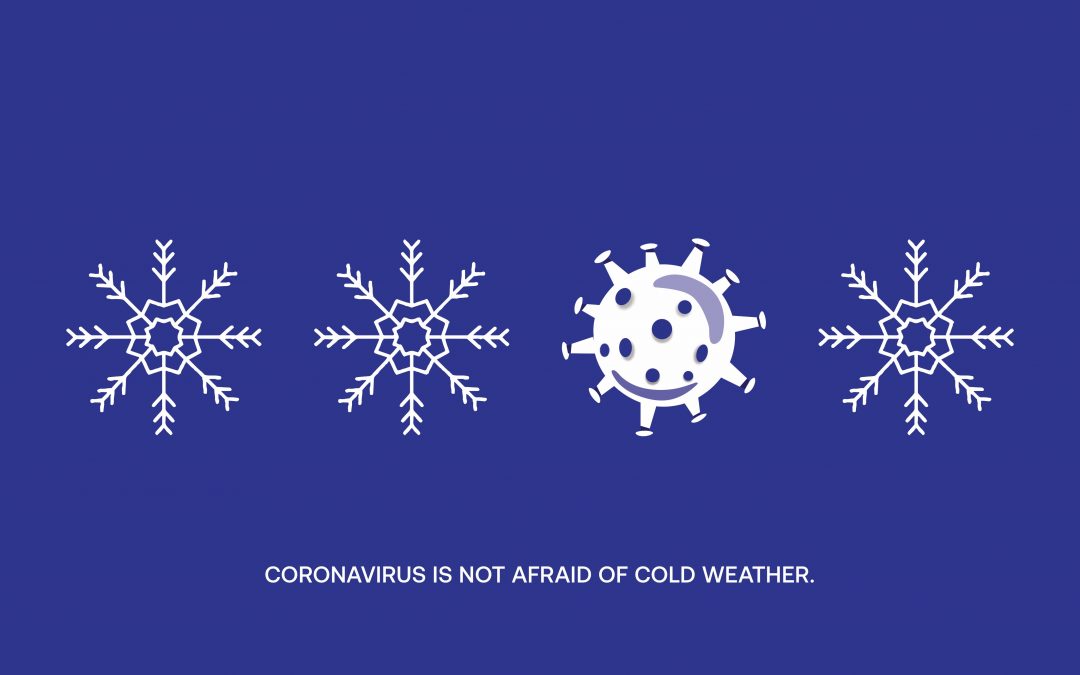Third wave hitting in winter?
A study of historic coronavirus outbreaks suggests that countries will experience a third wave of Covid-19 at some point in 2021. The three wave trend is prevalent in almost all previous pandemic events, including the 1929 Spanish flu, the 1958 Hong Kong flu and the 1969 Asian flu. More recently, MERS and SARS exhibited similar patterns, although infections in these cases were largely localised. Futurist and scenario planner, Graeme Codrington, says that South Africa will face a third wave around Easter 2021. He was presenting at a RGA webinar, titled ‘Back to the future: Emerging from the disruption’.
The vaccine brouhaha
The second wave is generally the worst of the three in terms of infections; but there are other factors that must be considered. “It is now apparent that people who have had Covid-19 may not enjoy immunity to new variants,” says Codrington. He notes that the virus is already mutating and that new variants may move beyond some of the vaccines. Case in point, the brouhaha surrounding the first batch of vaccines to land on South Africa’s shores. It has since emerged that the Oxford-AstraZeneca vaccine performs poorly in preventing even moderate illnesses caused by the so-called South African Covid-19 variant, dubbed 501Y.V2. Our health ministry seems intent on dumping this vaccine, perhaps disposing of a million-plus doses, in favour of a Johnson & Johnson jab.
Codrington stressed that the vaccines currently in circulation were not dangerous and commended stakeholders in the broader pharmaceutical industry for developing solutions at breakneck speeds. “An effective vaccine needs to stop you getting Covid-19 and prevent you from infecting others when you get it,” he says. The good news is that Johnson & Johnson manufactures a single dose vaccine that does not require storage at extreme temperatures. This vaccine seems suited to a country with South Africa’s healthcare and logistics infrastructure constraints. Can you imagine, for example, storing and transporting vaccines at temperatures well below freezing when faced with Eskom’s erratic load shedding.
Long Covid-19 and the future of the pandemic
Michael Porter, head of business development at RGA South Africa, asked Codrington what the third wave was likely to look like. The view, based on historic rather than medical information, is that the third wave will be smaller than the second and peak in April or May of 2021. The timing of the third wave introduces a real possibility of a stricter lockdown regime. “We must remember that one of the reasons for the hard lockdown in March and April last year was to prevent infections during Easter festivities … churches were saying that they would continue with Easter regardless; but government was firm that they would not,” says Codrington.
What happens after the third wave is anyone’s guess; but the consensus is that South Africans will have to wash hands, wear masks and practice social distancing until at least the end of 2021. And we will have to be more careful during the winter season due to the virus’ apparent preference for cold weather and the prevalence of new and more aggressive variants. There are also growing concerns about the impact of ‘long Covid-19’ on those who have survived an infection. “This is a hectic disease and we do not yet fully understand the significant long term healthcare issues it will introduce,” says Codrington.
Tamryn Bacheller-Adams, in a presentation titled ‘Avoiding burn out and building resilience’, says that the majority of South Africans had not anticipated the impact the pandemic would have on their mental wellbeing. Early surveys show that the unprecedented changes in response to lockdown and pandemic is contributing to a surge in depression, with many individuals struggling to get to grips with the new work-from-home balance. Her conclusion: We are living on the same planet; but in a different world.
Our readers, who are mostly in the face-to-face financial advice discipline will be painfully aware of the consequences of conducting business in the virtual world. You will have been gravely affected by the absence of pre- and post-event networking opportunities. And you probably struggle to build meaningful relationships with new clients due to an absence of real world interactions. Another major issue affecting professional advisers and their clients is the inability to ‘switch off’ due to the blurring of lines between home and work life.
“Remote working has taken away the formal ending to our workday,” says Bacheller-Adams. She urges business leaders to develop and implement remote working policies that make the new work-from-home model sustainable. Another danger is that Covid-19 has disrupted the old rules of work and created a 24/7 work culture. The way forward involves assessing the work practices that emerged during 2020, abandoning those that did not work, and strengthening those that did.
The population immunity dilemma
Dr Adela Osman, chief medical research officer at RGA South Africa, says that the World Health Organisation recently changed its definition of herd or population immunity. They define it as a threshold of vaccination at which point a population is …
Photo by united nations via unsplash.com article by www.fanews.co.za

